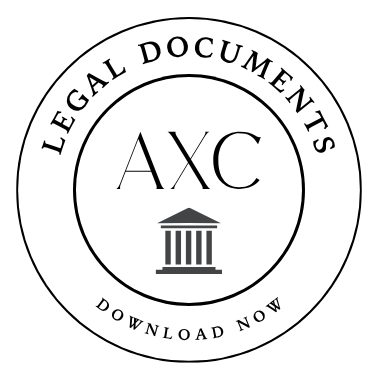Deceased Estates
Probate Applications & Letters of Administration
This process is part of what’s known as administering a deceased estate – which means legally managing the assets, debts, and distribution of the estate in line with the will (if there is one) or the law (if there isn’t).
What is Probate?
You may need to apply for probate if:
- The deceased left a valid will, and
- You are named as an executor in the will, and
- The estate includes assets such as property, bank accounts, or shares that require a grant of probate to be released.
Once probate is granted you can:
- Collect and manage the estate’s assets
- Pay any debts or taxes, and
- Distribute the estate according to the will.

What if there is No Will?
If the person died without a will, or the will is invalid, then you may need to apply for Letters of Administration.
This allows a suitable next of kin (usually a spouse, child, or parent) to be legally appointed as the administrator of the estate.
Letters of administration serve a similar purpose to probate – allowing the administrator to:
- Access bank accounts and other assets
- Pay outstanding debts
- Distribute the estate under the rules of intestacy (which set out who is entitled to inherit when there is no will)
Do I Always Need Probate or Letters of Administration?
Not always. It depends on the size and type of the estate. For small estates or jointly-owned assets (like a shared bank account or property held as joint tenants), you may not need to apply. However, many banks and institutions require a court issued document before releasing funds – especially when significant sums are involved.
How a Professional Can Help
- Locating the original will (if there is one)
- Collecting asset and liability detail
- Preparing the necessary court documents
- Publishing notices (if required), and
- Lodging the application with the Supreme Court.
Dealing with a loved one’s estate can be stressful. We can help you by directing you to a skilled and trusted law firm to guide you through each step, helping you complete the paperwork correctly, and ensuring the estate is administered in line with legal requirements.



